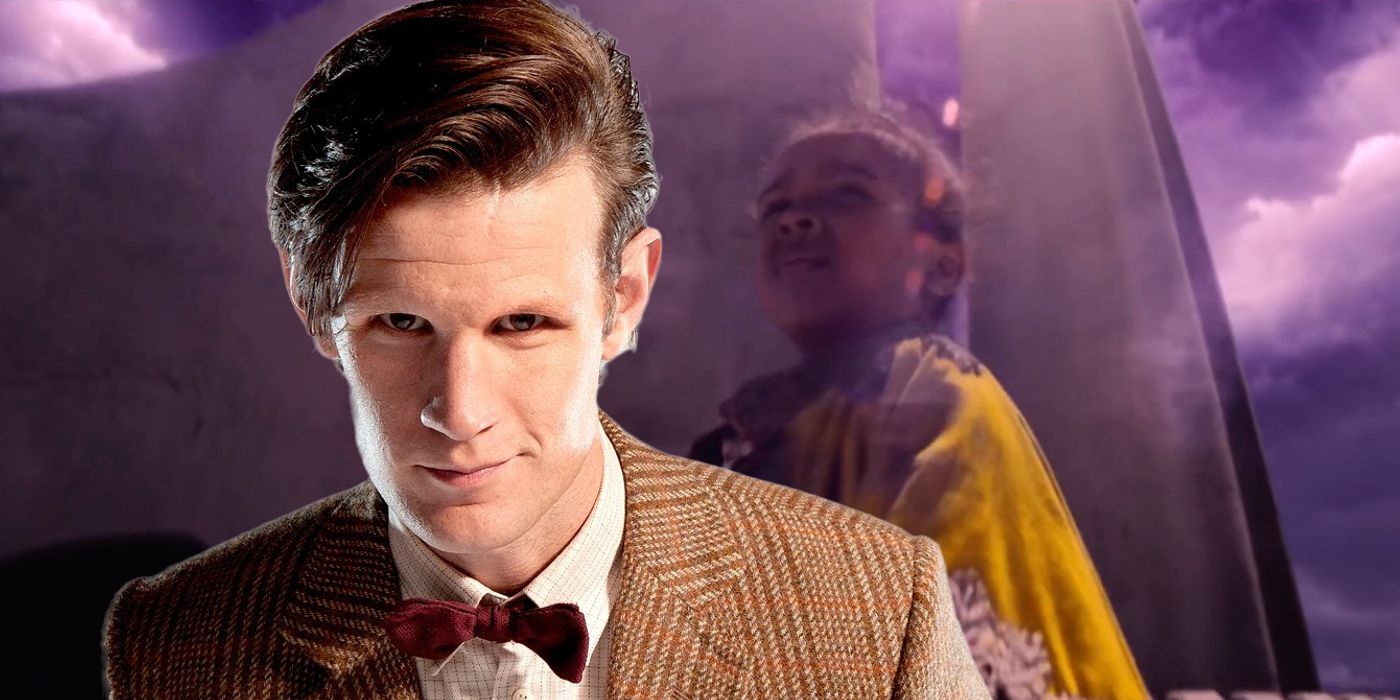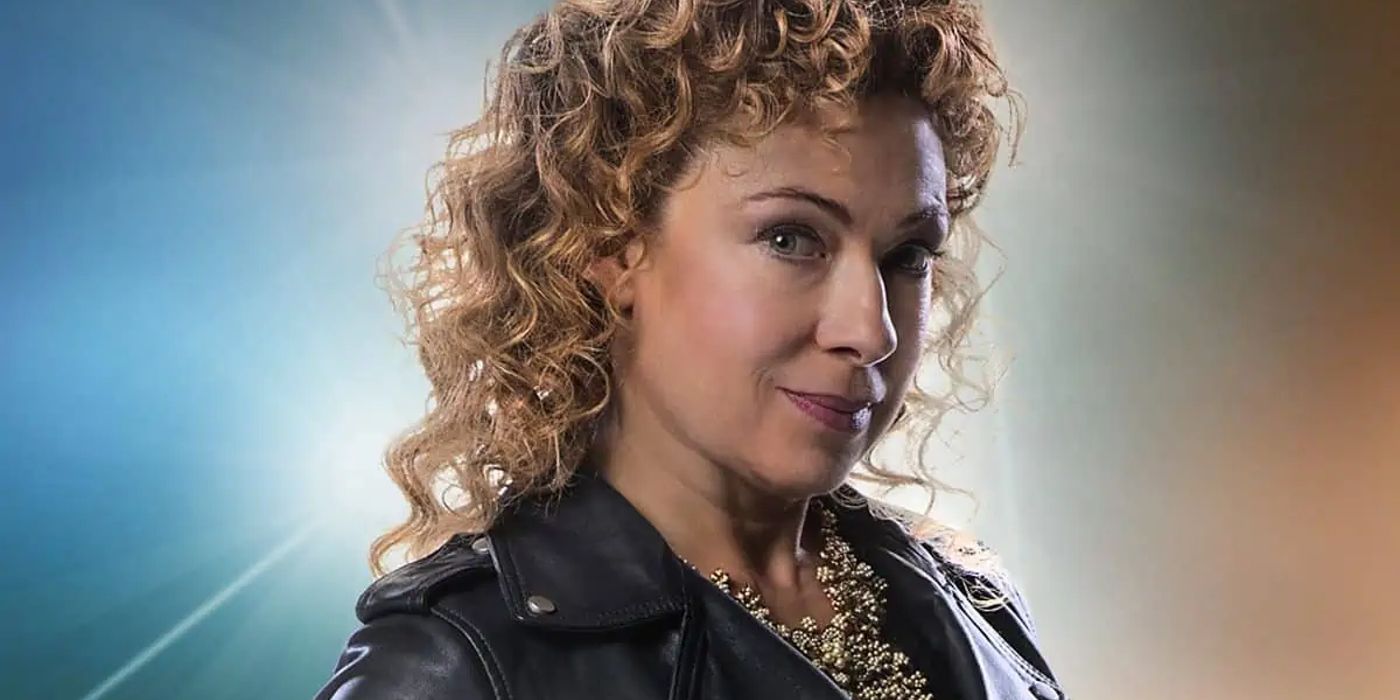Doctor Who's controversial Timeless Child retcon has given the Doctor a secret superpower. The last few years have been controversial in the Doctor Who fandom, with showrunner Chris Chibnall shaking up known canon with his Timeless Child retcon. This retcon revealed that the Doctor is not a Time Lord at all; rather, the Doctor is a being who potentially predates the universe, and who became the base genetic code for every Gallifreyan who lived within the Citadel.
Chibnall intended the Timeless Child retcon to restore a sense of mystery to the Doctor, while dealing with a longstanding problem facing the show. Time Lords can only regenerate twelve times, imposing a limit upon the number of times the Doctor can renew themselves. But it seems this regeneration cap was artificially imposed by the Gallifreyan scientist Tecteun; as the Timeless Child, the Doctor has an unlimited number of regenerations. Chibnall has essentially ensured Doctor Who can go on forever, with the Doctor never facing true mortality again.
But the Timeless Child retcon affects Doctor Who's continuity and canon, redefining what it means to be the Doctor. It actually gives the Doctor a secret superpower, because Steven Moffat's era established that regeneration energy could be shared. The episode "Let's Kill Hitler" saw River Song use her regeneration energy to save the Doctor from what would have been a fatal poisoning; later, in "The Angels Take Manhattan," the Doctor returned the favor by giving River Song some of his regeneration energy to heal a broken wrist. River objected to this, angered because she believed the Doctor only had a finite amount of regeneration energy, and in her view he had wasted some of it on a parlor trick.
It now seems River Song's concerns were ill-founded. If the Doctor does not possess a regeneration limit, then there is also logically no limit to the amount of regeneration energy they can tap into. Far from being a waste, the Doctor's actions with River Song were prudent and wise. There is absolutely no reason the Doctor cannot heal the injuries and wounds of those around them by channeling their power into them. Chibnall's Timeless Child gives the Doctor a superpower entirely appropriate for a character who has chosen that particular name - even if it's probably an unintentional one.
It will be interesting to see whether returning Doctor Who showrunner Russell T. Davies chooses to remember this detail. Certainly Chibnall expects Doctor Who to ignore the Timeless Child, but Davies has expressed his support for it, seeing it as opening up new story possibilities. Still, this secret superpower may be a step too far; the first Davies era tended to treat the Doctor as a Messianic figure, and a literal healing power may be a little too on-the-nose. Only time will tell whether Doctor Who does anything with this ability going forward.


